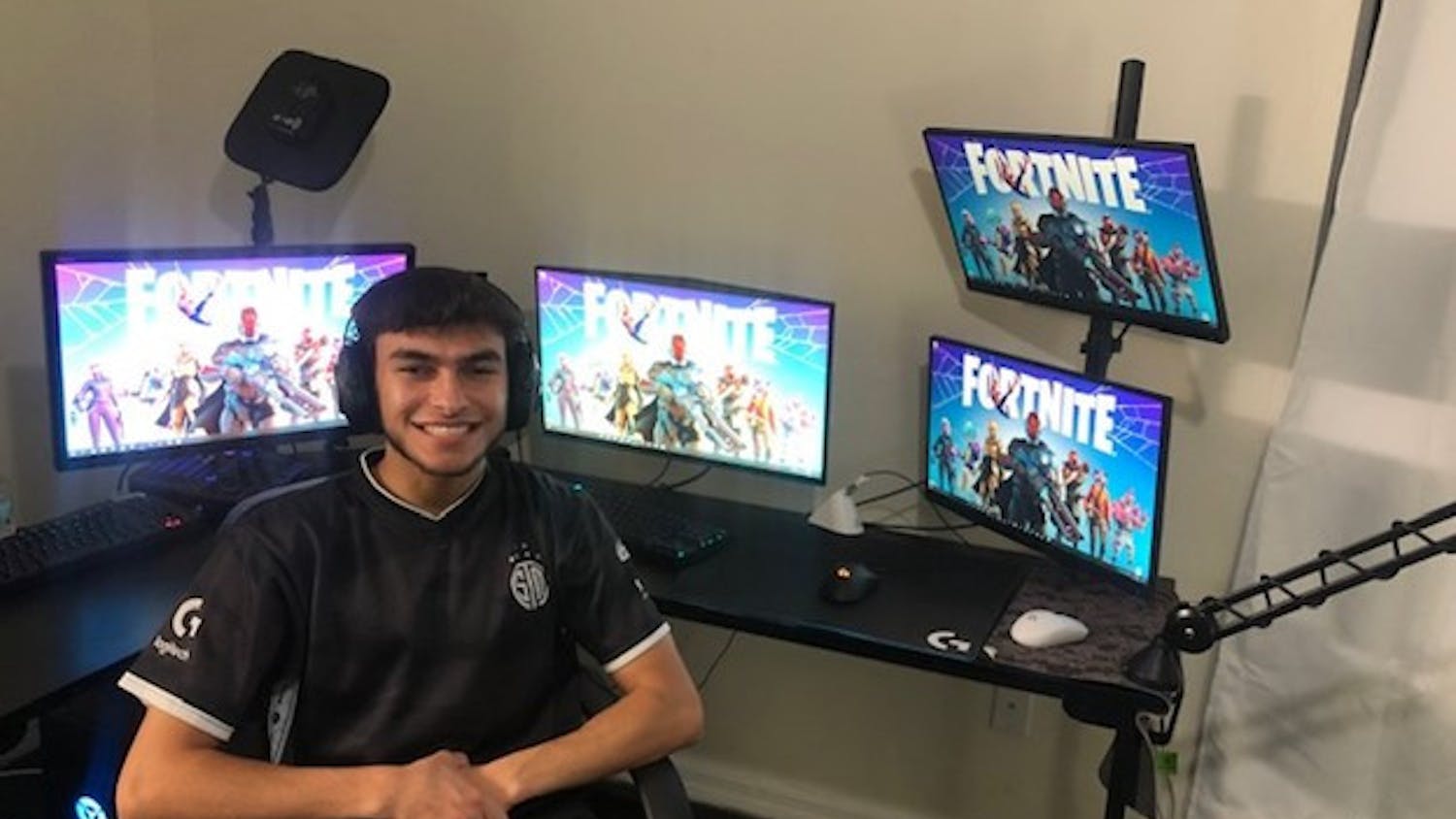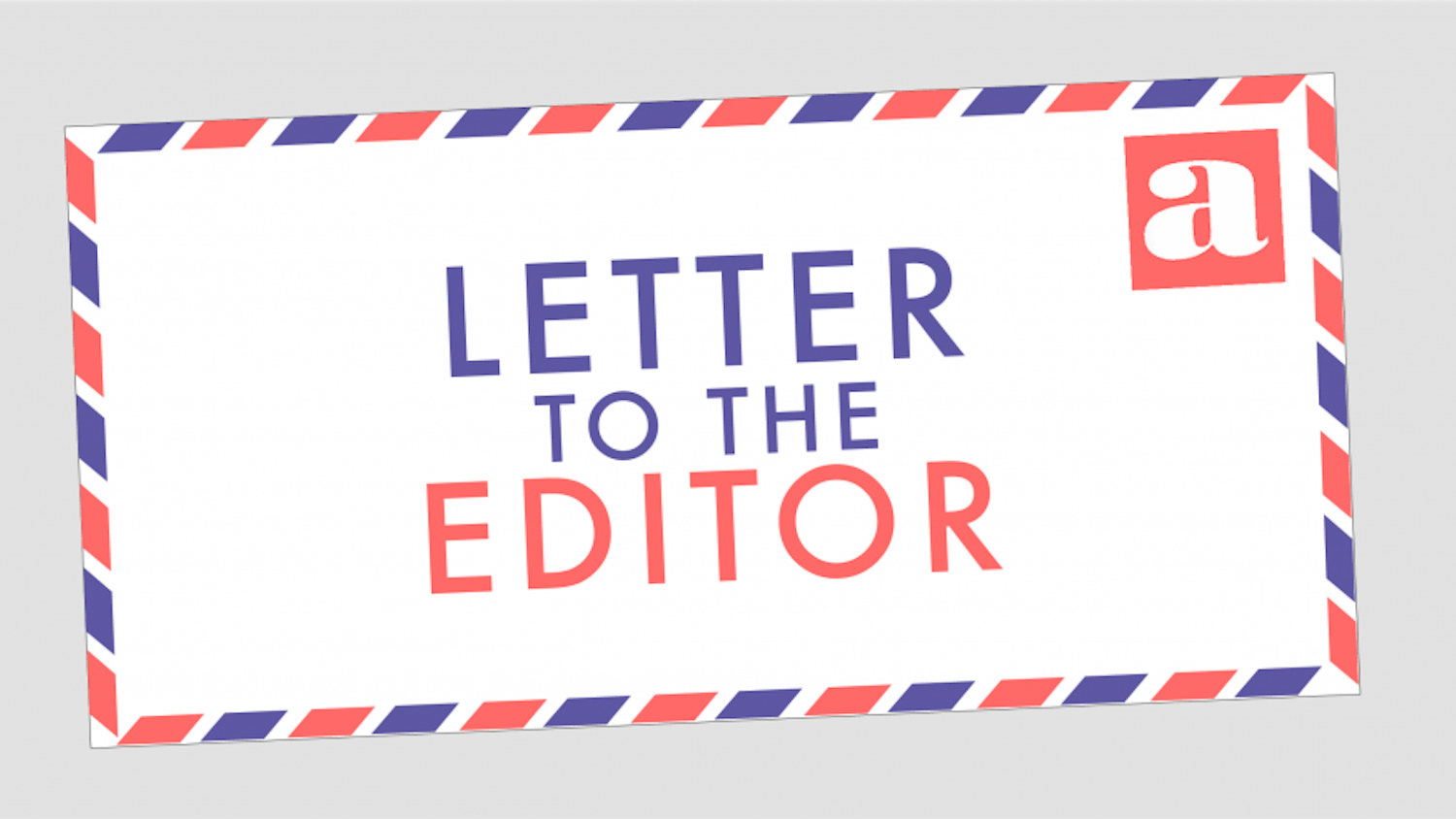All is not well in the Mushroom Kingdom. There is a boogeyman in the gaming industry — an unspoken Cthulhu-like horror that threatens to derail all the progress the industry has made over the years should it fully awaken from its slumber.
And, the most unfortunate thing about this threat is that for much of the mainstream audience, this boogeyman is the face of the industry and is as strong and terrible as the mightiest of American corporations.
I’m referring to GameStop.
GameStop is the definition of a monopoly, and, as such, it has more power in the industry than any of the world’s biggest publishers like EA or Activision. The company can control what games are sold to consumers and, most dangerous in the long run, limit the profits made by the game makers themselves.
For the company’s 2010 financial year, ending Jan. 29, GameStop reported a record-high sales figure of $9.47 billion with sales of used games totaling $2.47 billion. That’s one hell of a piece of the pie graph.
I don’t need to shout statistics to confidently say nearly everyone reading this column has bought a used game from GameStop. When someone buys a used copy of “Call of Duty: Black Ops” for $5 less than a new copy, neither the publisher nor the developer sees that money. The profit GameStop earns from selling a $45 used game is a heavy chunk of change.
See the problem?
Now, imagine not every game is “Call of Duty,” which is published by the world’s largest publisher and has a large enough fan base to guarantee a profit. Smaller titles by independent studios don’t have the brand recognition and marketing funds to have a large presence on GameStop’s shelves. What if “Angry Birds” was sold at GameStop and sold only 1,000 units, 900 of those being used sales? With only 100 of those units actually bringing in money for the studio, the game likely would be considered a failure. Meanwhile, those 900 units sold used is added to GameStop’s ever-growing pile of cash. This type of monopoly is dangerous to every independent developer and publisher in the industry.
Whether you like GameStop or not, I think it’s a great idea to support local and independent businesses.
And, luckily, Gainesville has its very own independent game retailer.
R.U. Game?, 5186 SW 34th St., sells used games but with a much smaller stock and at fairer prices than GameStop does, not to mention it has a mind-blowing selection of classic games and consoles that GameStop doesn’t carry. The store even offers students a 10 percent discount for used games (so no need to spend $20 on a stupid card), and its trade-in values are significantly higher than GameStop’s “half-price only if the game came out yesterday” company line.
To be fair, any store that sells used games is limiting the profits of the makers of those games, but the ethical implications of the used game market is a whole other matter.
The point is just to be aware of where exactly your money is going.
It’s up to you whether you want to give your money to a developer who has made some of your favorite games and really has had an impact on your life or to a monopoly that cares only about your wallet.



![Gainesville's Regal movie theaters are set to reopen in April and May. [photo by Brenna Sheets]](https://snworksceo.imgix.net/ufa/75e8c90d-22c4-462c-a553-77548c6b4a77.sized-1000x1000.jpeg?w=1500&ar=16%3A9&fit=crop&crop=faces&facepad=3&auto=format)

